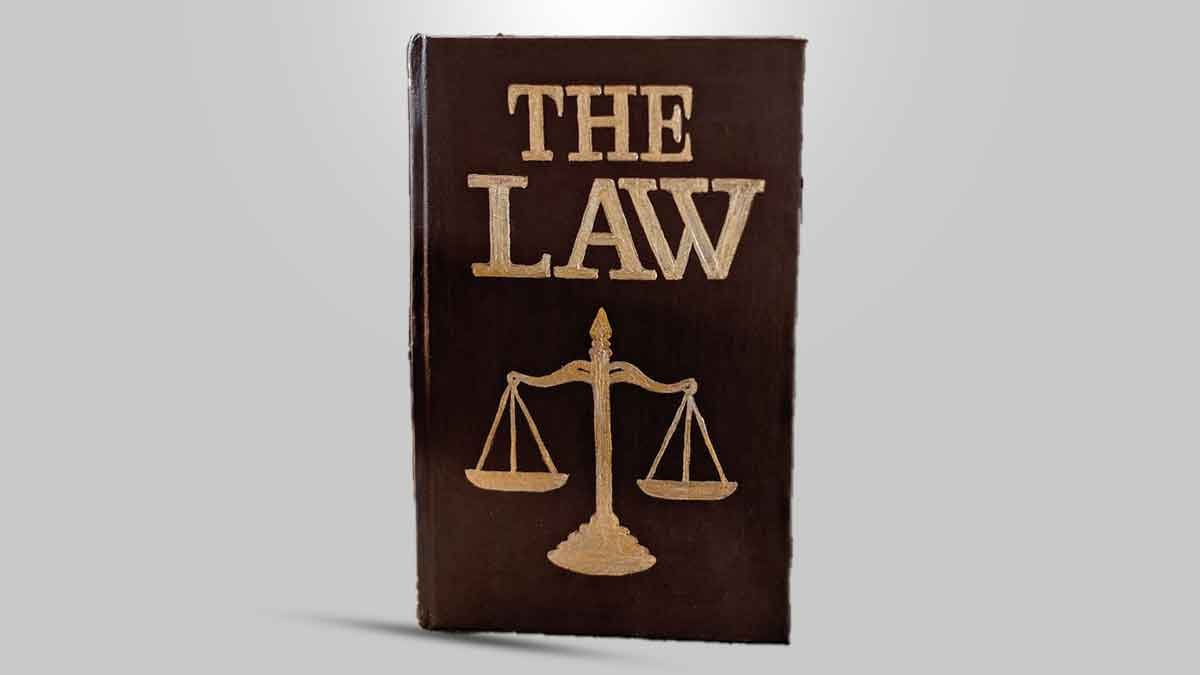Lawyers, Judges, and Legal Consultants
Law is a multifaceted realm, intricately woven into society’s fabric, and the pillars of this domain are the professionals who navigate its complexities. Lawyers, judges, and legal consultants stand as formidable figures within the legal sphere, each wielding unique responsibilities and contributing indispensably to the framework of justice.
Table of Contents
Introduction to Lawyers, Judges, and Legal Consultants
The legal landscape is adorned with various professionals, each playing a pivotal role in ensuring the fair application of laws and regulations. Lawyers, often deemed as advocates of justice, specialize in providing legal counsel and representing clients in various legal matters. On the other hand, judges hold the immense responsibility of interpreting laws and ensuring equitable decisions within the courtroom. Meanwhile, legal consultants offer expert advice, navigating individuals and businesses through legal intricacies.
Becoming a Lawyer, Judge, or Legal Consultant
The journey to these esteemed professions requires rigorous education and dedication. Prospective lawyers typically pursue a bachelor’s degree, followed by a Juris Doctor (JD) degree from a law school. Specializations range from criminal law to corporate law, allowing for diverse career paths. Judges often ascend from legal practice, leveraging their experience and legal acumen. Legal consultants, known for their specialized knowledge, often possess advanced degrees and expertise in specific areas of law.
The Role of Lawyers in Society
Lawyers serve as advocates, passionately representing their clients’ interests in various legal settings. They provide invaluable advice, draft legal documents, and negotiate settlements, ensuring the application of laws in a fair and just manner. Their role extends beyond courtrooms, shaping policies and advocating for societal changes.
Judges: The Guardians of Justice
Within courtrooms, judges stand as impartial arbiters, ensuring the adherence to legal procedures and maintaining fairness. Their decisions weigh heavily, impacting individuals, communities, and even legal precedents. Upholding the rule of law and interpreting statutes, judges navigate complex legal matters with wisdom and discretion.
Legal Consultants: Navigating Complexities
Legal consultants possess specialized knowledge, offering guidance and strategic advice in intricate legal matters. Their expertise is sought by businesses and individuals alike, aiding in compliance, risk management, and navigating legal complexities. Their role often involves collaborating with diverse entities to ensure legal compliance and mitigate risks.
Challenges and Rewards in Legal Professions
The legal realm is not without its challenges, demanding resilience in high-stress environments. Yet, the rewards are equally fulfilling, as legal professionals witness the impact of their work on individuals and society, championing justice and fairness.
Ethics and Professional Conduct
Ethics stand as the cornerstone of legal practice, defining the conduct of lawyers, judges, and legal consultants. Upholding ethical standards ensures the integrity and credibility of the legal profession, with consequences for ethical breaches.
Technological Advancements in Legal Practice
Advancements in technology have revolutionized the legal landscape, offering tools for research, case management, and communication. Integration of these technological innovations has enhanced efficiency and accessibility within the legal sphere.
Diversity and Inclusion in the Legal Sphere
Efforts to promote diversity among legal professionals amplify varied perspectives, fostering innovation and inclusivity. Embracing diversity enriches legal discourse and ensures equitable representation within the profession.
Global Perspectives on Legal Professions
Legal systems worldwide exhibit diversity in their structures and practices. Understanding cross-cultural nuances becomes imperative in navigating global legal complexities and fostering international collaborations.
The Future of Legal Professions
The legal arena is dynamic, continuously evolving in response to societal changes and technological advancements. Anticipated shifts include the integration of artificial intelligence, changes in legal education, and a greater emphasis on global cooperation.
Conclusion
Lawyers, judges, and legal consultants constitute the backbone of the legal domain, wielding their expertise to ensure justice and fairness. Their roles intertwine, collectively shaping the fabric of societal order and ensuring the application of laws.
Read More: New York City Lawyer: Your Legal Guide in the Big Apple
Unique FAQs
What distinguishes lawyers from legal consultants?
Lawyers represent clients in legal matters, while legal consultants offer specialized advice without direct representation.
How do judges maintain impartiality in court proceedings?
udges adhere to legal principles, weigh evidence objectively, and ensure fair application of laws.
Are there specific technological tools widely used in legal practice?
Yes, tools like legal research databases, case management software, and communication platforms are prevalent in the legal field.
Why is diversity important in the legal profession?
Diversity fosters varied perspectives, enhances innovation, and ensures equitable representation within the legal sphere.
What are the anticipated changes in the future of legal professions?
Anticipated changes include the integration of technology, shifts in legal education, and greater emphasis on global collaboration.





